On her Let’s Be Honest podcast in January, Kristin Cavallari (not a dermatologist) told an Eastern medicine practitioner named Ryan Monahan (also not a dermatologist) that she doesn’t wear sunscreen. Monahan made some claims about living an anti-inflammatory lifestyle, the importance of antioxidant supplements and learning to tolerate the sun by building a base coat, and suggested that he could be “in the sun for the whole day without any sunscreen.” So we asked Dr. Katie Beleznay (a dermatologist) for her thoughts on this.
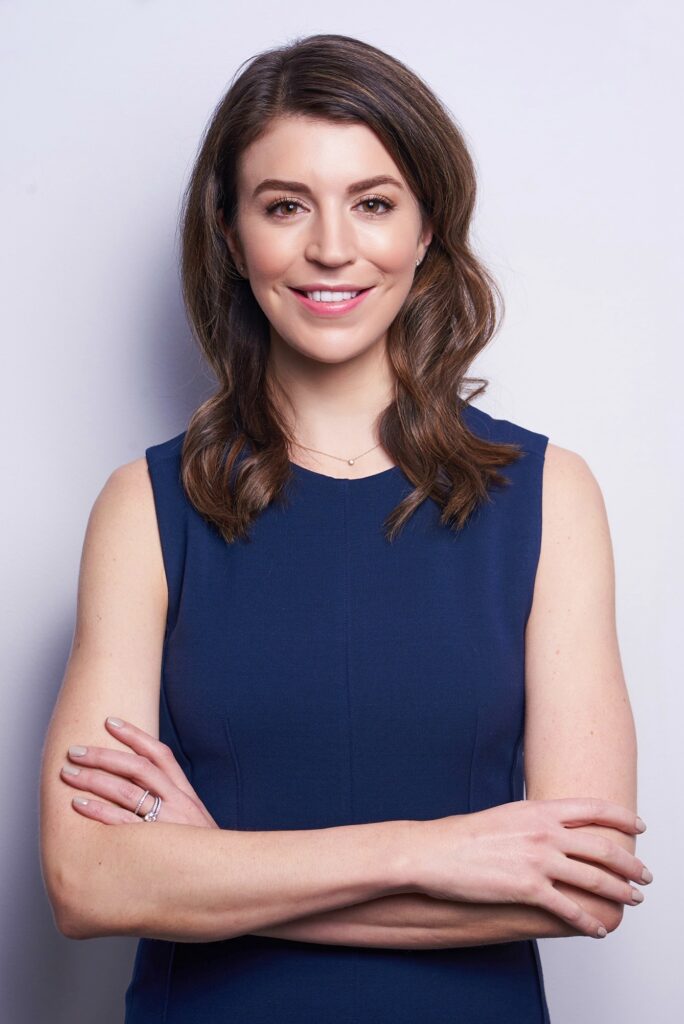
First off, we know that ultraviolet light is a carcinogen—its cancer-causing potential was first identified in 1928 and has since been confirmed many times. “While some people on social media talk about skin cancer being a more recent phenomena, there have been reports of melanoma being found in the skeletons of mummies from more than 2,000 years ago” says Dr. Beleznay. We also know that UV rays—specifically UVA—can cause premature aging of the skin.
And what’s the idea behind the base tan? The thinking is that melanin produced in response to UV exposure can be protective to skin, but Dr. Beleznay says that it’s equivalent to about SPF 3 or 4—nowhere near enough to actually prevent sun damage. And what about the fact that some people feel like their skin is healthier after sun exposure? Sorry to poop on your party, but all tans are DNA damage, and even if you see some improvement in conditions like acne, the long-term risks of UV exposure outweigh any benefits.
Being in the sunshine can make you feel happy, and that’s not to be sniffed at, but Dr. Beleznay says you don’t need significant amounts to feel the positive effects. “A few minutes of sun in the early morning, when UV rays aren’t as strong, can be beneficial,” she says. As to vitamin D, sunlight encourages its production, but getting it from a supplement is just as good as getting it from the sun—and even more so during the winter when Canadians don’t see much sunlight anyway.
With regard to antioxidants, there’s some evidence that a topical vitamin C can offer some UV protection, but only as an adjunct to sunscreen rather than a replacement. And there’s no evidence to support the idea that sunscreens can be more harmful than UV exposure. “Much of the discussion around ‘risks’ of sunscreen stems from data showing that chemical UV filters can be detected in the bloodstream, and that in studies of rats where they were administered exceedingly high doses of these UV filters there was an incidence of cancer,” says Dr. Beleznay. There are plenty of good mineral sunscreens if you’re worried about using a chemical one or you find they irritate your skin.
When choosing a sunscreen, Dr. Beleznay says you need at least SPF30—even higher if possible—and the words “broad spectrum” should be on the label. That means it protects against both UVA (aging) and UVB (burning), since the sun protection factor (SPF) relates only to UVB. You need more than you think—about a quarter to half a teaspoon for the face and neck, and 1 ounce for the body—and to reapply every couple of hours or after swimming or sweating, even if you have a water-resistant screen. As well as sunscreen, stay out of the sun when it’s hottest (the middle of the day) and wear hats, sunglasses and UPF clothing.
The big question: do those of us that live in Canada need sunscreen all day, every day, every season? Or is it more a question of creating a good habit so that you’re well protected when you are exposed to UV? “Many dermatologists, including myself, recommend daily sunscreen in part to form the habit and ensure you are protected,” says Dr. Beleznay. “That said, I do believe in being pragmatic and if you are getting virtually no UV exposure, either because the UV index is zero or one or because you are inside all day (and away from windows that let in UV), then there is minimal risk if you are not wearing sunscreen. The issue is that people may think, ‘Well I work in an office and so I don’t need it,’ but then are outside walking to lunch and so on, and tend to underestimate UV exposure.” The message? Sunscreen won’t do you any harm, and it could save your life—so slap it on. —Aileen Lalor
Top 6 Sunscreens (You’ll Actually Use)
Australians know sun protection, which is why we’re big fans of Ultra Violette, a sunscreen that’s just landed at Sephora. Its star product is Supreme Screen SPF50, which is a light, hydrating, antioxidant enriched combo of chemical sunscreen, moisturizer and primer.
Sensitive-skinned folk often do better with a mineral sunscreen. Our favourite is Dr. Dennis Gross All-Physical Lightweight Wrinkle Defense Broad Spectrum Sunscreen, which leaves no white cast, doesn’t irritate and makes a lovely base for makeup.
Sticks are the perfect option for topping up sun protection on the go. Avène’s Mineral Sunscreen SPF50 is suitable for sensitive skin and water resistant for up to 80 minutes.
For a hint of colour with your sunscreen, there’s Eminence Organics Daily Defense Tinted SPF, which offers all-mineral protection with a sheer tint and a lightweight finish. To finish the look, Nudestix offers a Blush Tint (six shades) and Lip Primer (one shade), both with SPF30. Both are sticks for easy app.
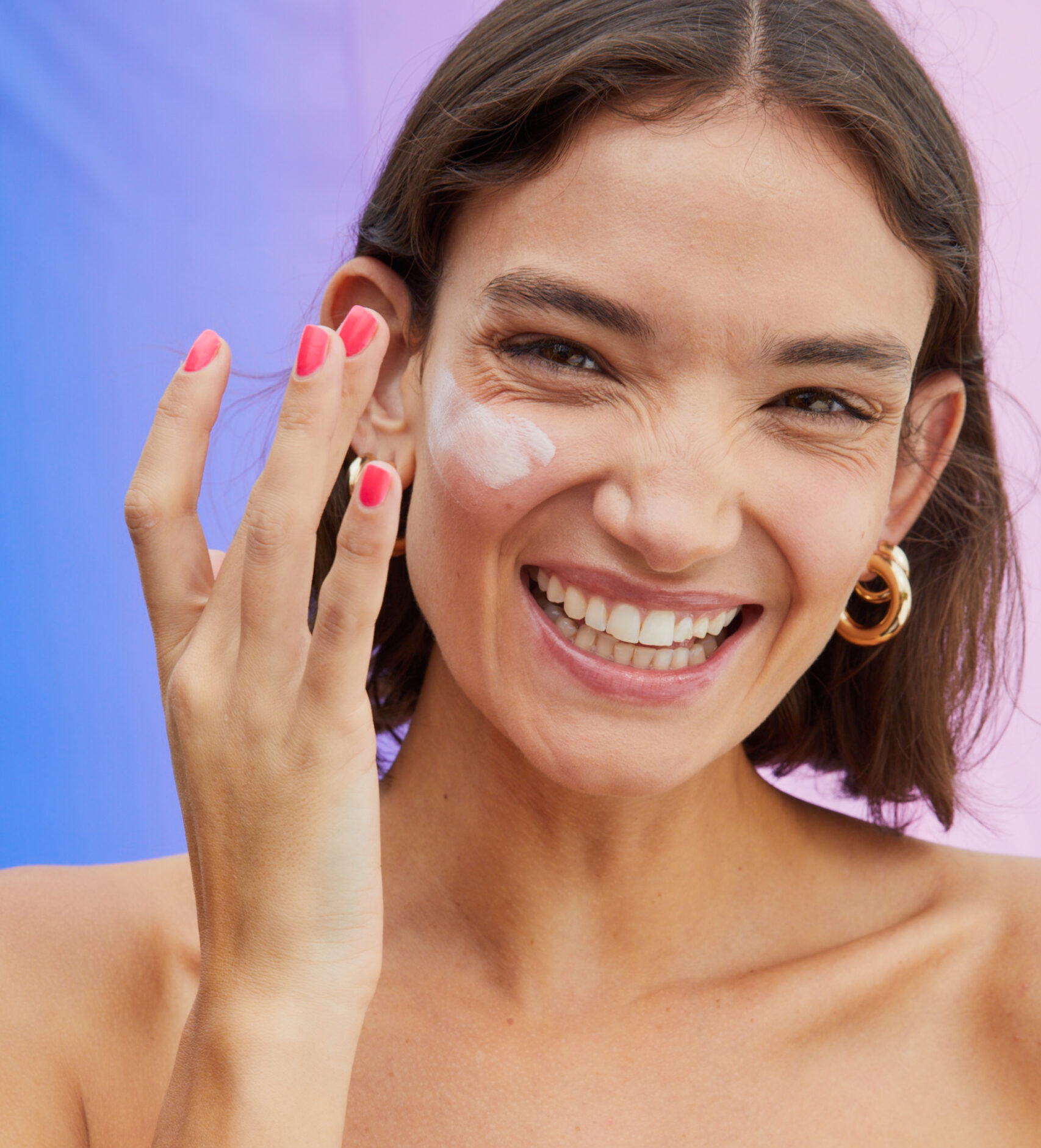
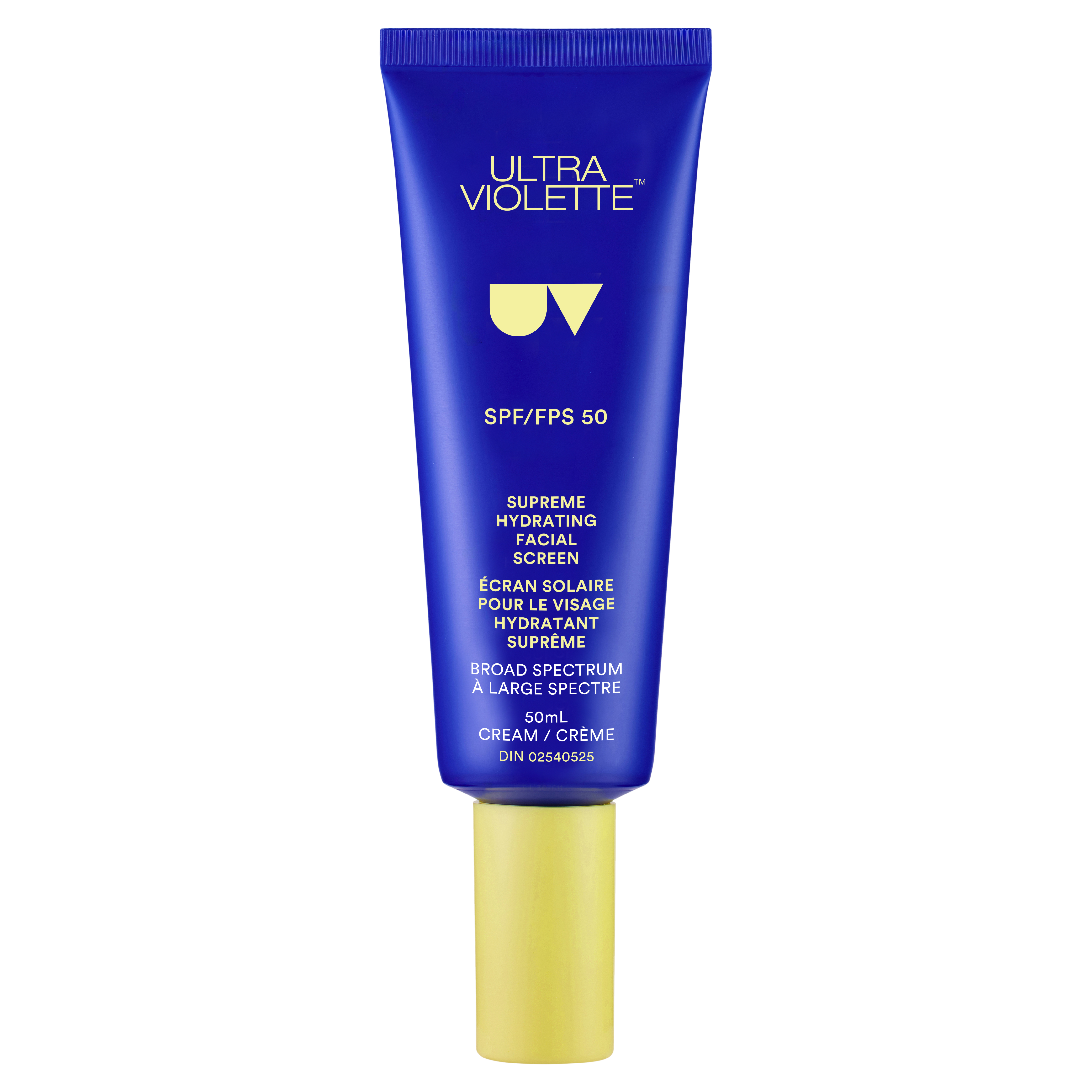
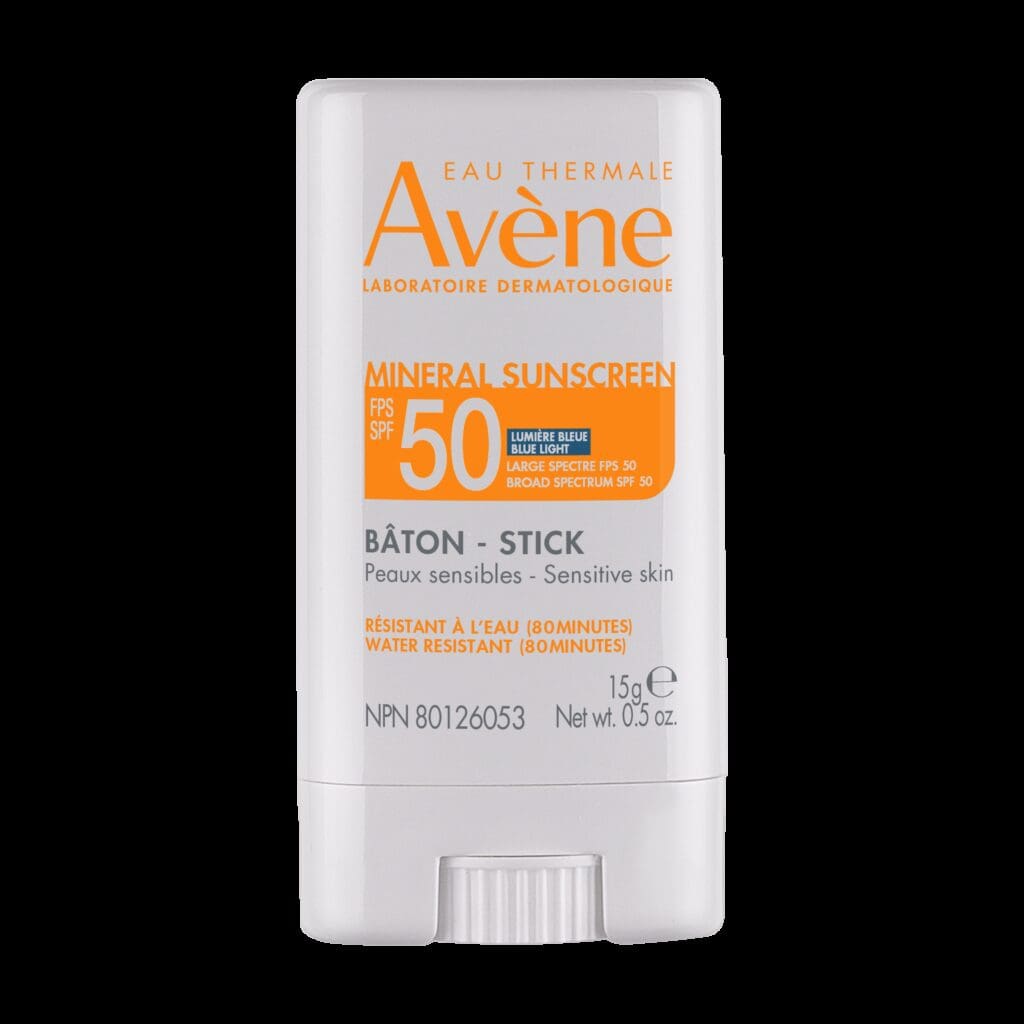
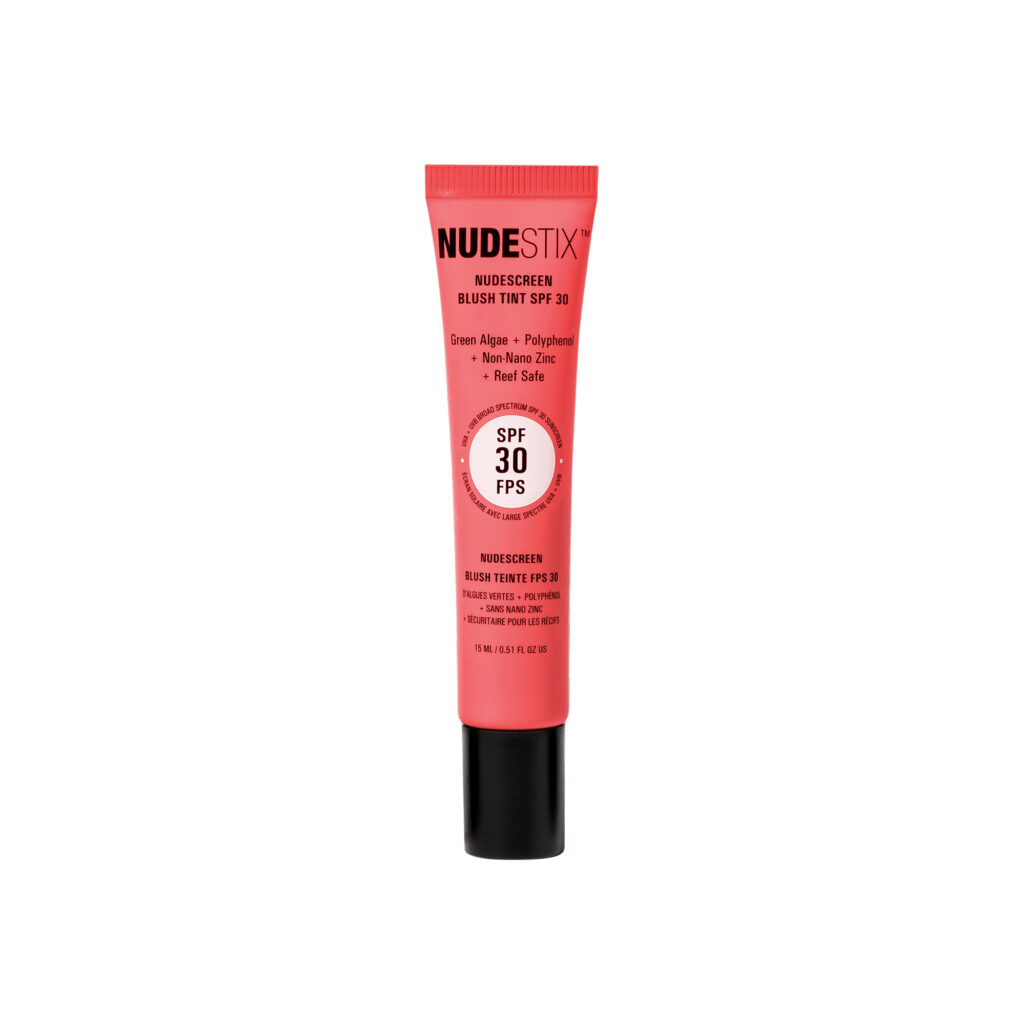
Be the first to comment